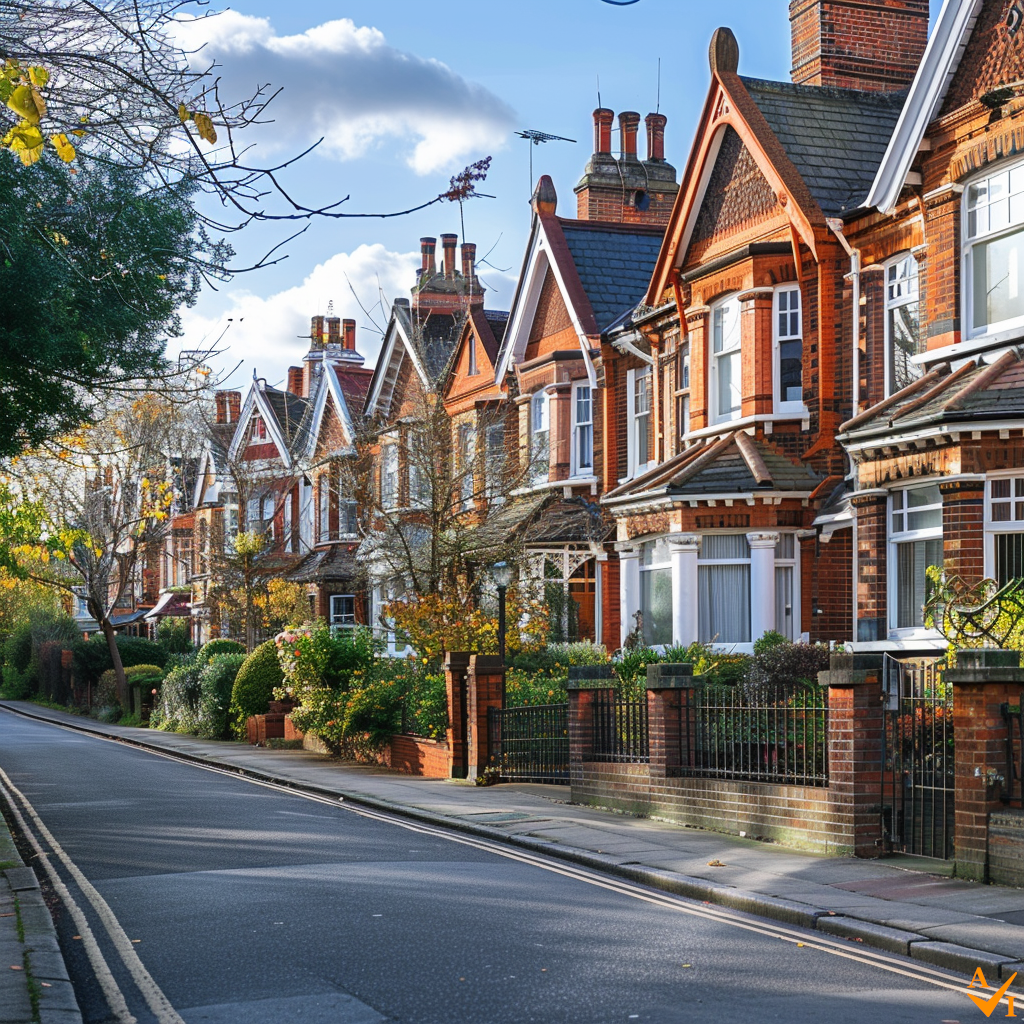Purchasing a property is a significant milestone, and one of the pivotal decisions you’ll encounter is whether to opt for a leasehold or a freehold. This choice will shape your rights and responsibilities as a homeowner, making it crucial to comprehend the distinction. Let’s demystify the terms leasehold and freehold to help you navigate this essential facet of home buying.
Freehold Unveiled
When you own a freehold, you possess the property and the land it occupies outright, with no expiry date on your ownership period. As a freeholder, you hold complete control over the property, albeit subject to planning laws and regulations. Consequently, you shoulder the responsibility for all maintenance and repairs.
Leasehold Explained
In contrast, a leasehold means you own the property for a predetermined period as stipulated in the lease agreement, but the land it stands on remains the freeholder’s property. Lease periods can span several decades, often up to 999 years. Once the lease expires, ownership reverts to the freeholder unless you negotiate an extension.
Ground Rent and Service Charges
Typically, leaseholders pay ground rent to the freeholder, alongside service charges for the upkeep of shared areas if the property is part of a larger building or complex.
Restrictions and Permissions
Leasehold properties often come bundled with certain restrictions or necessitate permissions from the freeholder for significant alterations or property sales.
Lease Extensions
Leaseholders possess legal rights to extend their leases, but this process can be expensive. It’s vital to consider the lease length, as short leases can impact property value and mortgage options.
Advantages of Freehold
Freehold properties offer enhanced stability and freedom, as you’re not bound by lease terms. They typically command higher resale values and are less legally complex.
Leasehold Considerations
If you’re mulling over a leasehold, scrutinise the lease length, ground rent, service charges, and any restrictive clauses. Ensure the lease terms are favourable and sustainable for the long haul.
Understanding whether a property is leasehold or freehold is fundamental in determining your responsibilities, costs, and rights as a homeowner. This knowledge is vital in choosing a property that aligns with your lifestyle and long-term plans. Remember, the type of ownership not only influences your day-to-day life but also the future value and saleability of your property.




